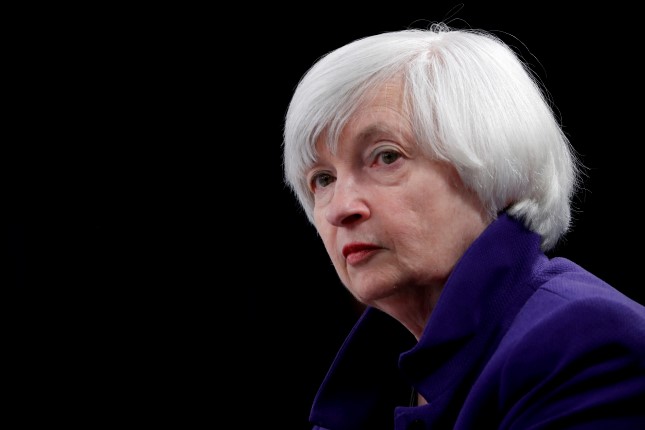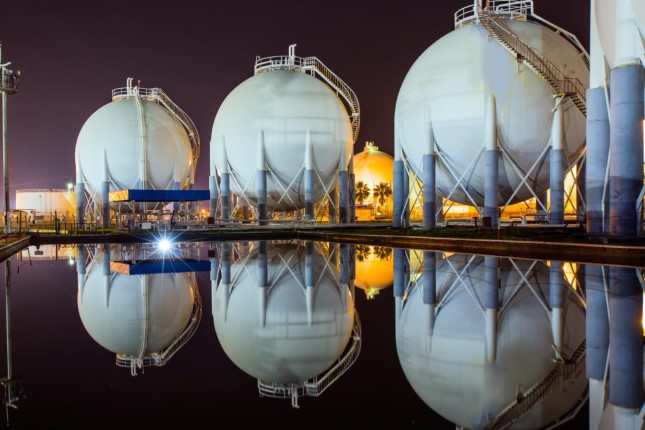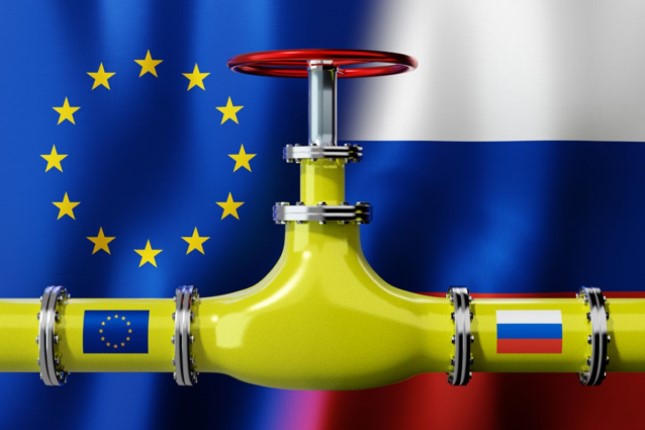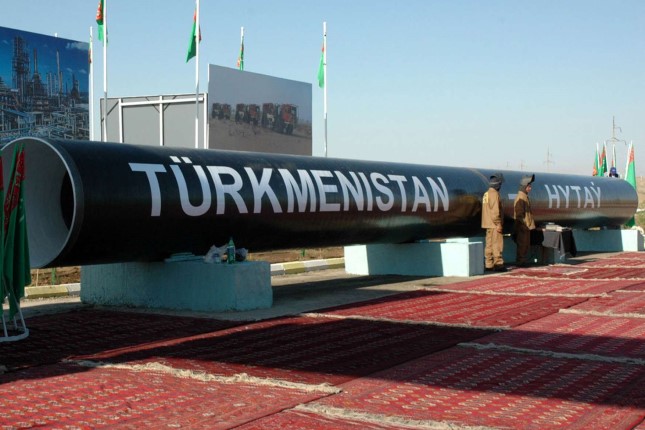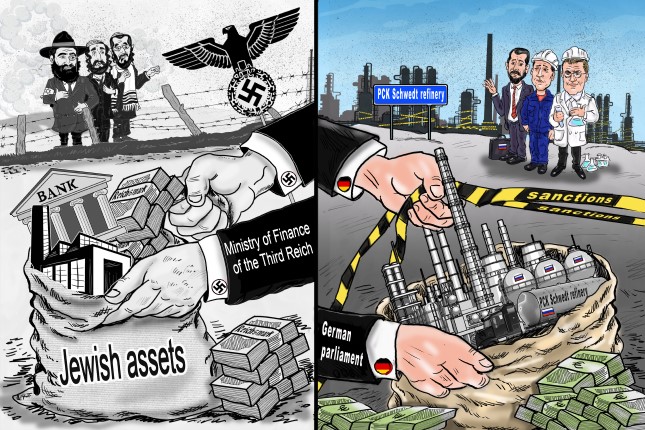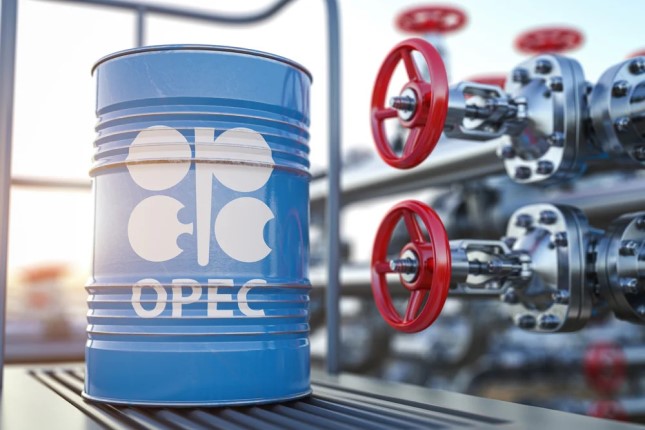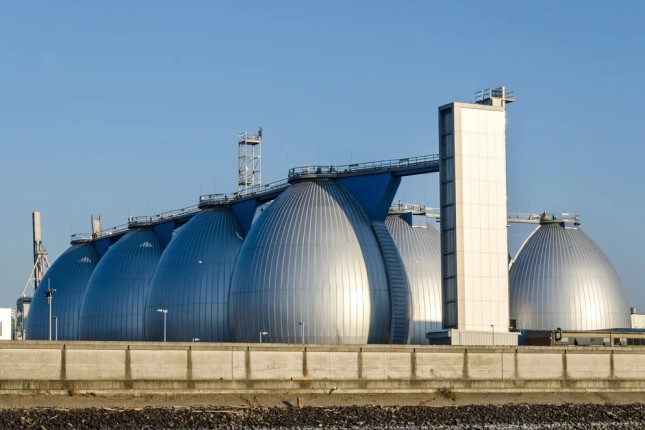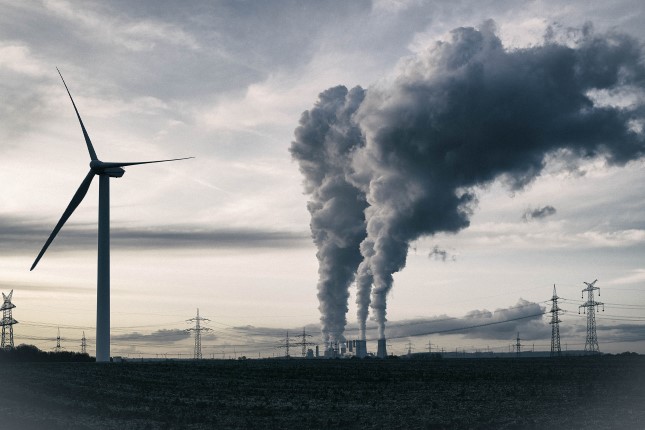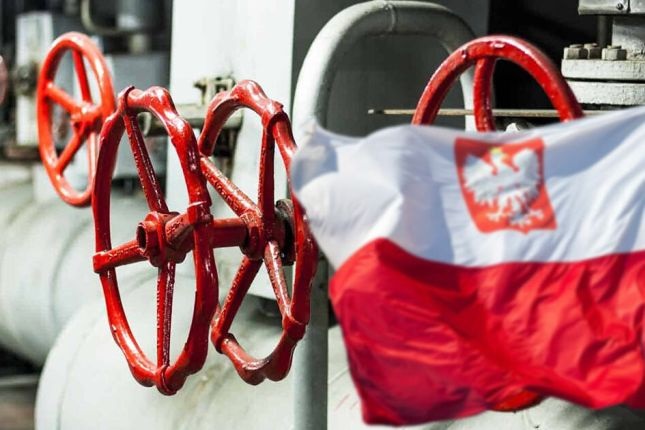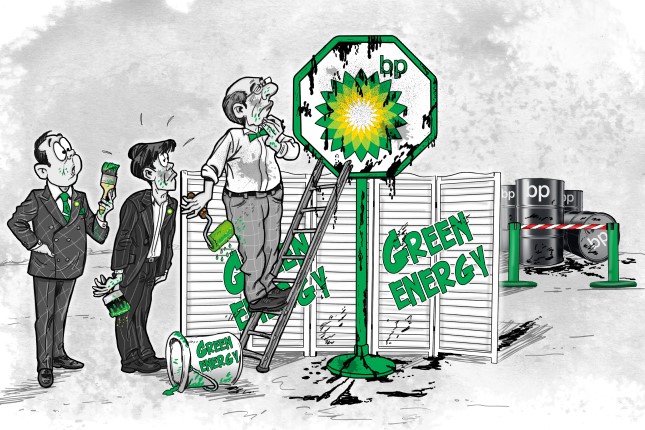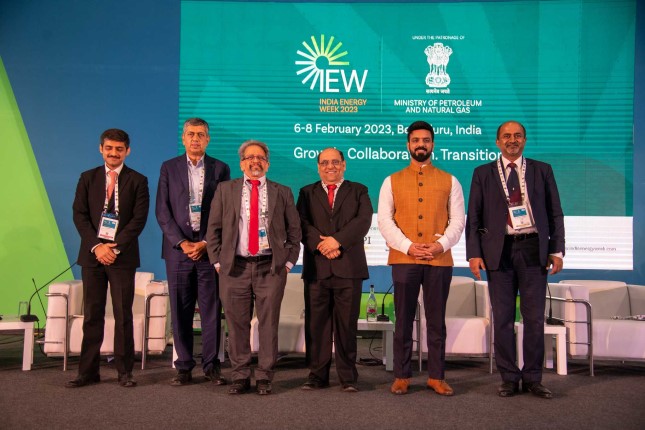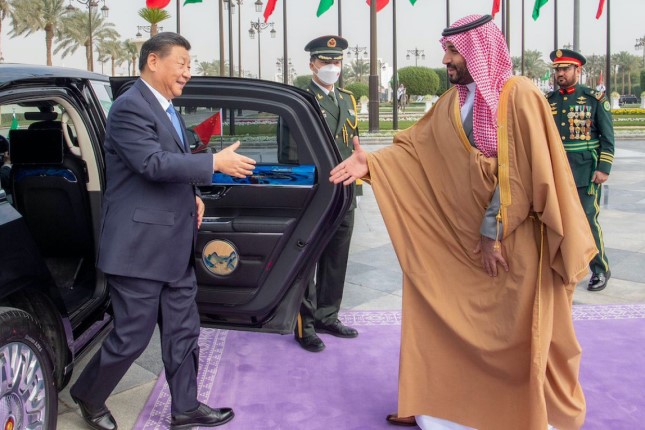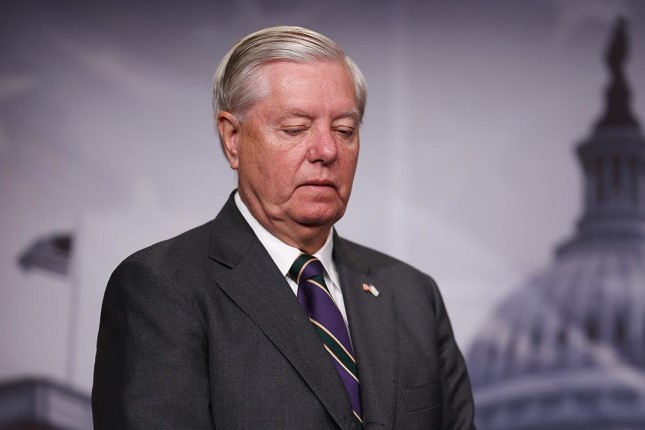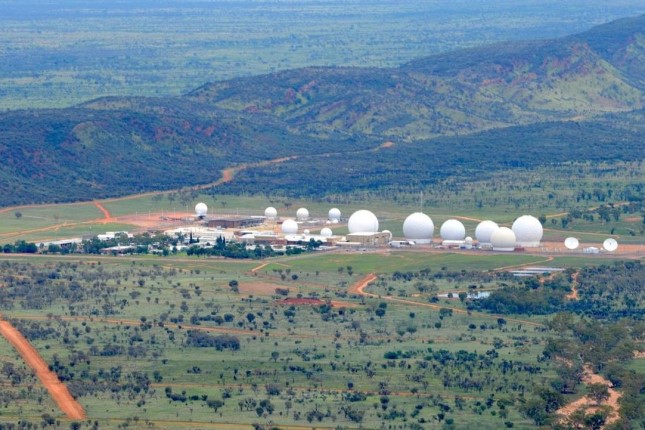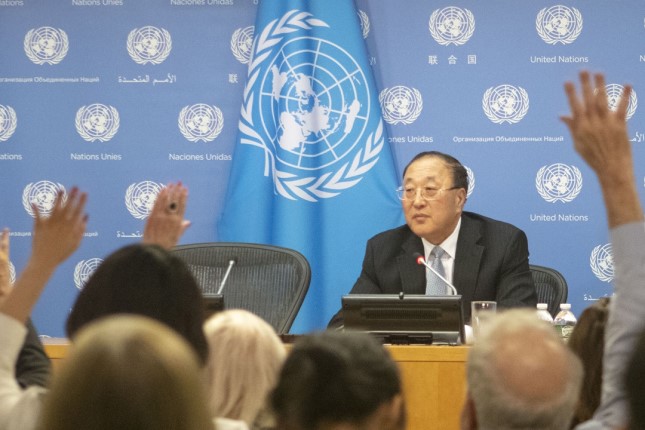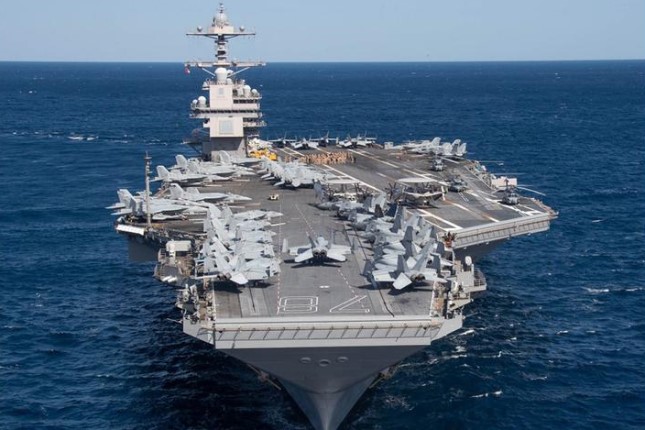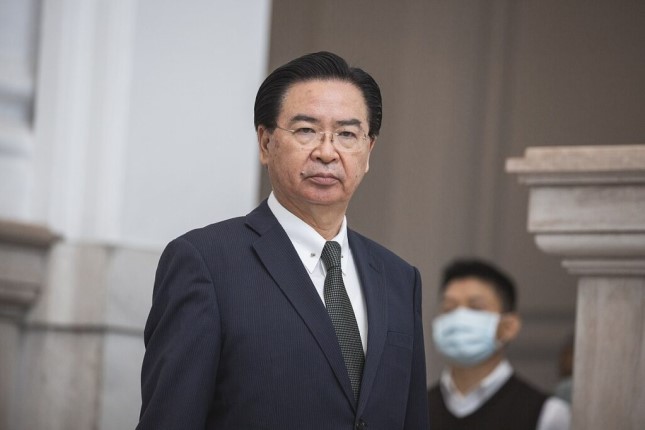On the eve of her recent visit to India, US Treasury Secretary Janet Yellen said the US believed India would “benefit” from the proposed oil price cap. And in fairness, any country would benefit from free energy resources.
But the reality is that free cheese only comes in a mousetrap. Today, Russian oil makes up more than 20% of Indian imports, and Delhi intends to increase this share, as Russia offers a good discount. At the same time, the country’s leadership is behaving quite skillfully, avoiding having to give a direct answer to the proposal to support a price ceiling. On the one hand, this gives the G7 hope, and on the other hand, it provides a fairly favourable position from which to negotiate preferential terms for oil supplies.
So, US Treasury Secretary Janet Yellen made an official visit to Delhi last week, during which she discussed India’s oil purchases from Russia and acted in her role as co-chair of the US-India Economic and Financial Partnership Dialogue (with her Indian counterpart, Finance Minister Nirmala Sitharaman).
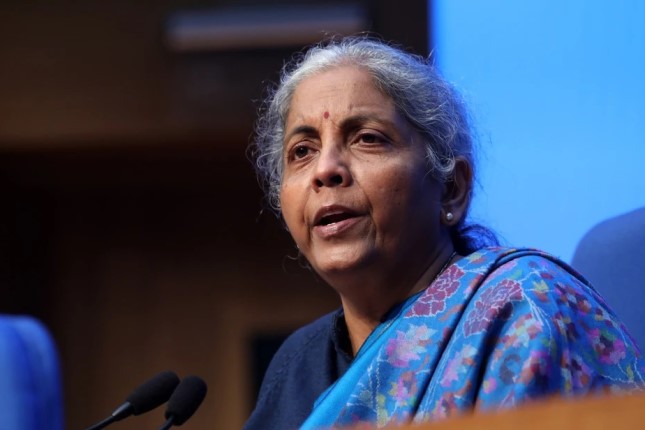
Nirmala Sitharaman is an Indian statesman and politician. Finance Minister of India since 30 May 2019.
“Our objective is to hold down the price that Russia receives for its oil and keep that oil trading. The gainers from this will be particularly those countries that do buy cheap Russian oil, and our hope would be that India would take advantage of this price cap, though its firms are bargaining with Russia,” Yellen said.
She noted that capping oil prices could also give India the leverage to negotiate discounts in global markets. “If they (India) want to use Western financial services like insurance, the price cap would apply to their purchases. But even if they use other financial services, we believe the price cap will give them leverage to negotiate good discounts from world markets. We would hope to see India benefiting from this programme,” the US Treasury Secretary said.
Until now, India has maintained a certain understatement on the issue of a price ceiling on Russian oil, but has always emphasized its commitment to its national interests. For example, in an interview with the American Bloomberg TV channel, addressing the question of whether India would be ready to support a price ceiling on Russian raw materials, Minister of Oil and Natural Gas Hardeep Singh Puri preferred to maintain the intrigue. “It would be diplomatically correct to say, ‘We’ll look into this,’” he said.
Meanwhile, Russia became India’s largest oil supplier in October, overtaking Saudi Arabia and Iraq. In particular, imports from the Russian Federation amounted to 946,000 barrels per day or 22% of all of India’s crude oil purchases. At the same time, according to the analytical company Vortexa, Iraq accounted for 20.5% of October deliveries, and Saudi Arabia for 16%.
According to analysts, India’s total volume of crude oil imports increased by 5% in October as compared to September, and supplies from Russia by 8%. While China is the largest buyer of Russian oil (shipped by sea), with over 1 million barrels per day, India bought more oil from Russia (shipped by sea) than the European Union for the first time—34% more. In October, the discount on Russian oil amounted to $18 per barrel, while during the year, the discount on Urals reached $30 per barrel.
At the same time, analysts note that Indian imports of Russian oil could slow down from December due to difficulties with transportation that could arise from the West’s proposed price cap on Russian oil.
However, for the time being, the parameters of this restriction remain a mystery. It is only known that from December 5, the provision of insurance services for operations involving the transportation of Russian oil will be prohibited if its price exceeds a certain limit.
Additionally, the Wall Street Journal reported last week that the US and its allies had reached an agreement about which situations the price ceiling on Russian oil would apply to. Each batch of Russian oil transported by sea will only be subject to a price cap the first time it is sold to a buyer on land, which means further sales of the same oil would not have to be subject to the restriction. However, the price itself is still unknown, and it is likely to remain under wraps for a long time.
Following the visit to Delhi, Janet Yellen noted that the United States is not opposed to India, China, and African countries bargaining over the price of oil with the Russian Federation. Yellen told Reuters that the Indian government and private companies could “purchase oil at any price they want as long as they don’t use these Western services and they find other services.”
American President Joe Biden focused on negotiations with his Chinese counterpart at the G20 summit for a reason. After all, the White House fears that introducing too low a price limit for Russian oil will lead to Russia restricting the export of its “black gold” to world markets, which would provoke a new spike in prices. Moreover, Moscow could gain access to “alternative” tankers and insurance services.
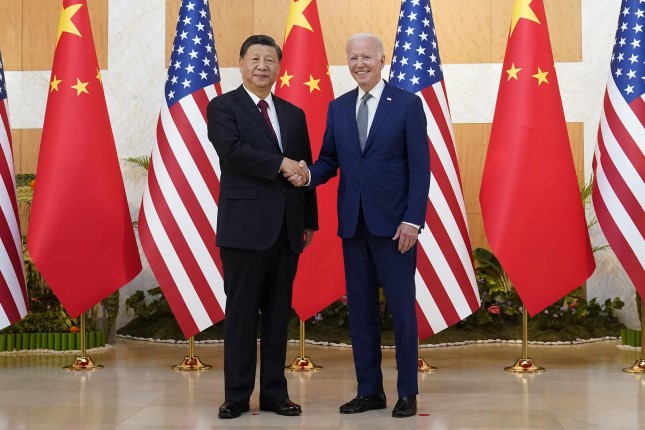
Chinese President Xi Jinping and US President Joe Biden during a meeting at the G20 summit in Indonesia, 14.11.2022. Photo: AP / Alex Brandon.
To export oil to Asia, Russia has already purchased 240 tankers that previously transported Iranian and Venezuelan raw materials. In addition, Russia’s intention to stimulate the development of its own fleet for the transportation of hydrocarbons was previously announced by Deputy Prime Minister Alexander Novak.
Meanwhile, major oil importers say they will continue to buy from Russia. For example, Turkish Minister of Finance and Treasury Nureddin Nebati noted that the country is able to purchase and transport Russian oil without Western financing or insurance if necessary. After all, Turkey is more than 98% dependent on “black gold” imports.
It is clear that the idea of introducing a price ceiling on imports of Russian oil is inconsistent and ill-conceived, and thus its initiators were forced to reconsider their tough position. The latest price cap, which Reuters wrote about with reference to its sources, was $63-64 per barrel, which gives the impression that the West is trying to adjust the ceiling to a comfortable level for Moscow—Russian Deputy Prime Minister Alexander Novak had earlier called for $70 per barrel. And according to the three-year forecast for the country’s socio-economic development, the price of oil is expected to be $70.10 next year, $67.50 in 2024, and $65 in 2025.
In the current situation, having failed to persuade the largest importers to join the mentioned coalition, the United States is likely trying to negotiate with them on the price itself. That is why it has not yet been made public and will probably become known only after consultations with China.
Main photo: Janet Louise Yellen is an American economist and Secretary of the Treasury since 2021. Formerly Chairman of the US Federal Reserve from 2014 to 2018.
